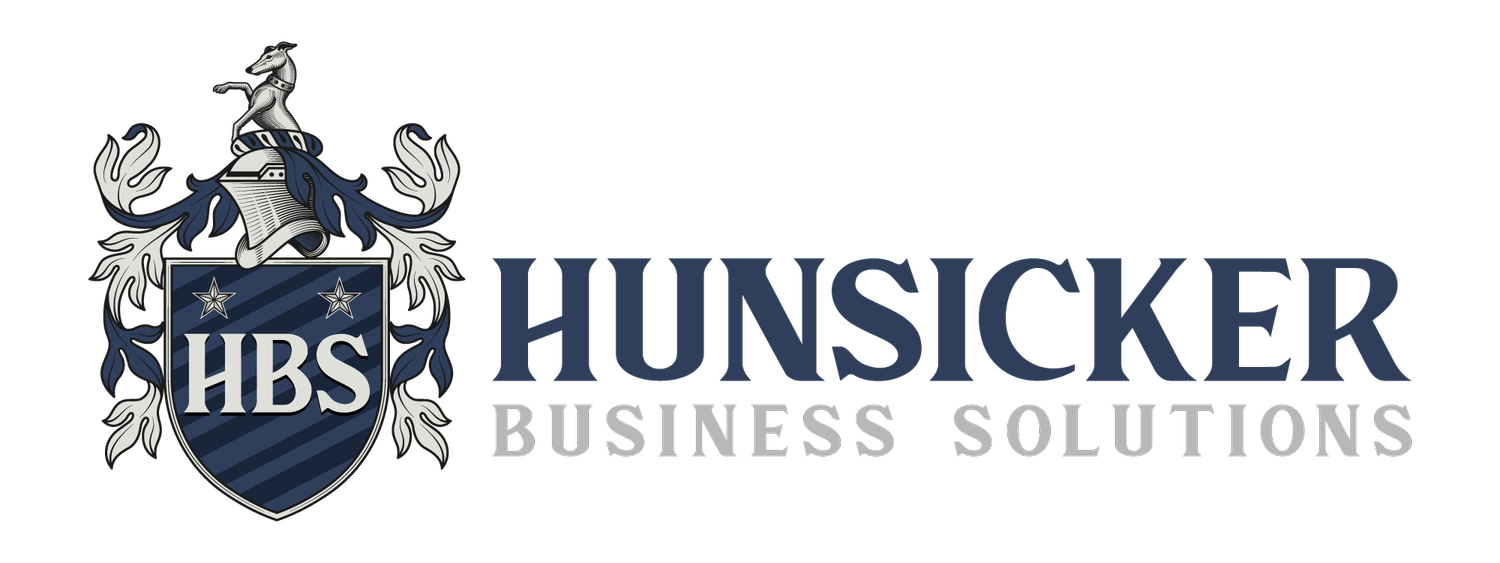Mastering Time Management: Comprehensive Strategies for Balancing Work and Home Life
Introduction
Time management isn’t merely a skill; it’s a critical lifestyle approach that dictates the quality of both professional and personal life. As the boundaries between work and home become increasingly blurred, especially in remote and hybrid work settings, managing time efficiently has emerged as a cornerstone of productivity and well-being. This expanded guide offers a deep dive into mastering time management, providing you with the tools to not just survive but thrive in today’s demanding world.
The Crucial Role of Effective Time Management
Effective time management transcends the simple organization of daily activities—it shapes the structure of our workdays and personal lives, influencing our stress levels, productivity, and overall happiness. Here’s why mastering it is so crucial:
Optimized Performance: By efficiently managing time, individuals can optimize their energy and focus, leading to higher productivity and performance.
Stress Reduction: Effective time management significantly reduces stress by providing a clear plan to tackle responsibilities, alleviating the anxiety associated with last-minute rushes.
Quality Enhancement: Allocating the appropriate time to tasks improves the quality of work output and attention to detail.
Life Satisfaction: Good time management enables a well-rounded life, allowing time for personal growth, relationships, and hobbies.
Advanced Strategies for Efficient Time Management
Expanding on basic time management techniques can provide even greater returns:
Enhance Prioritization Skills
80/20 Rule (Pareto Principle): Focus on the 20% of tasks that yield 80% of the results. Identifying and prioritizing these tasks can dramatically increase efficiency.
MIT (Most Important Tasks) Method: Each day, identify 2-3 MITs that will have the most significant impact on your goals and dedicate your best hours to them.
Refine Your Planning Techniques
Weekly Planning: Instead of daily planning, also embrace weekly planning to gain a broader perspective on your tasks and manage your time more holistically.
Theming Your Days: Allocate specific days to different types of work (e.g., meetings on Tuesdays, deep work on Wednesdays) to reduce context switching and enhance focus.
Leverage Technology Effectively
Advanced Task Management Tools: Utilize sophisticated features in task management software, such as recurring tasks, reminders, and collaborative projects.
Digital Detox: Intentionally schedule time away from digital devices to reduce distractions and increase mental clarity.
Tips for Balancing Work and Home Life
Achieving a work-life balance requires intentional strategies and regular reassessment:
Set Clear Work-Life Boundaries: Use physical and temporal boundaries. Physically, designate a specific area in your home exclusively for work. Temporally, adhere strictly to start and end times.
Communicate Boundaries: Clearly communicate your work schedule to your family and colleagues to manage expectations and minimize interruptions.
Incorporate Transition Rituals: Create rituals to transition between work and home life, such as a walk after work, to mentally shift gears.
The Psychological Benefits of Mastering Time Management
Understanding the psychological impact of effective time management reveals its importance:
Cognitive Load Reduction: Efficient time management reduces the cognitive load by freeing up mental space from worry about task organization.
Increased Mental Resilience: Effective time managers often experience increased resilience against stress and burnout.
Enhanced Motivation: Achieving daily goals through effective time management boosts confidence and motivation.
Conclusion
Mastering time management is a dynamic skill that requires continuous refinement and dedication. By employing advanced prioritization techniques, leveraging technology, and setting clear boundaries, you can not only enhance your productivity but also improve your quality of life. Remember, time management is less about filling every moment with tasks and more about ensuring that each moment is spent meaningfully.
